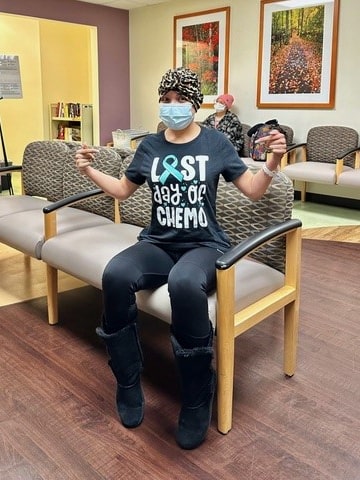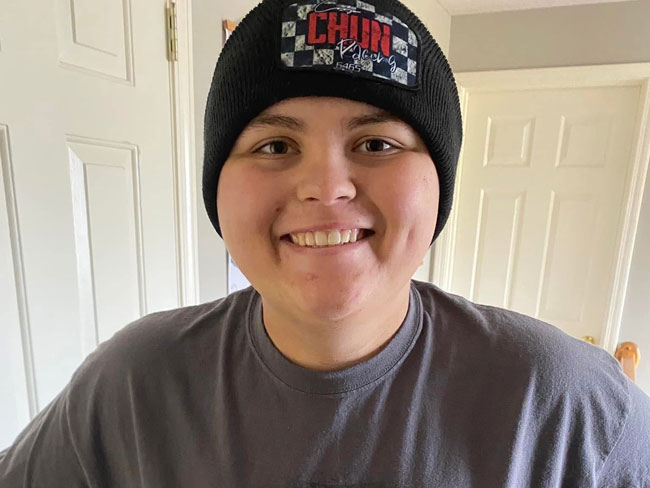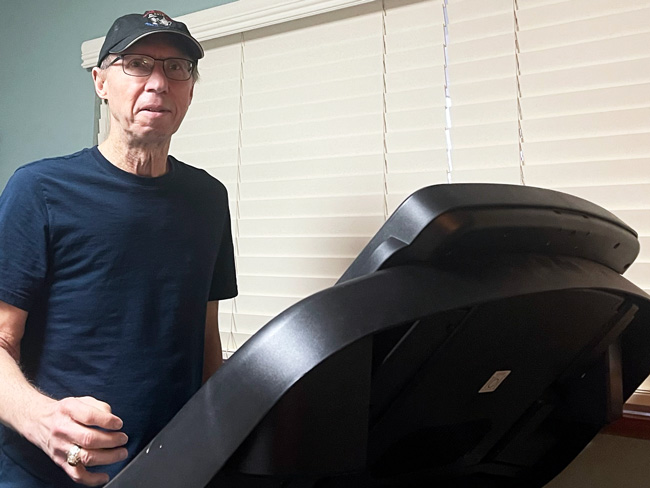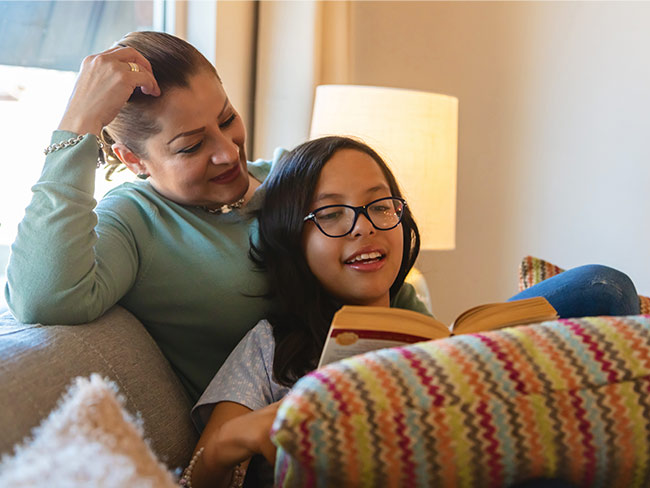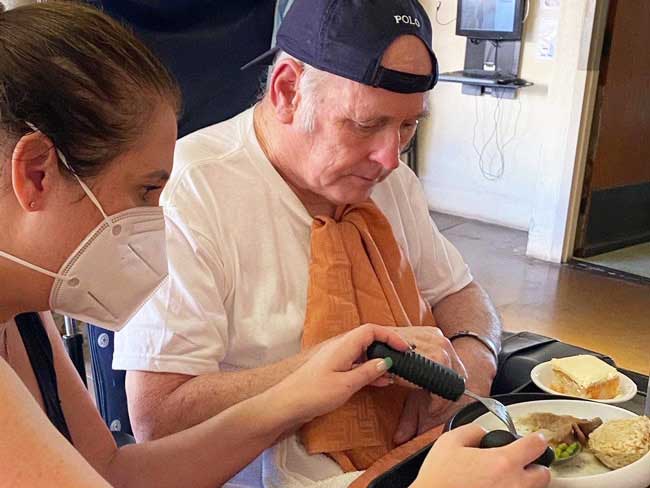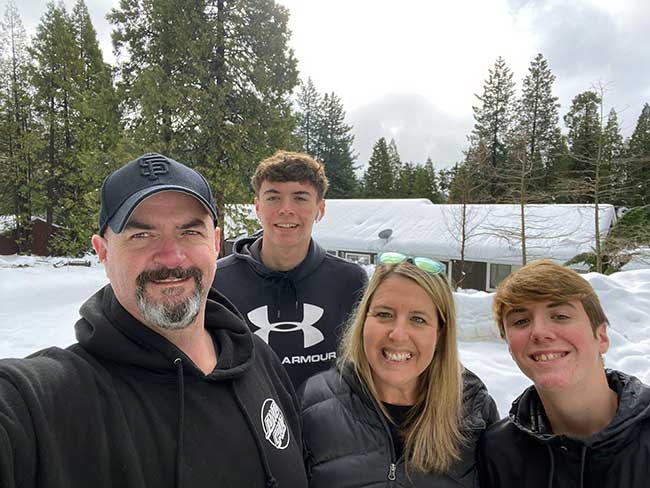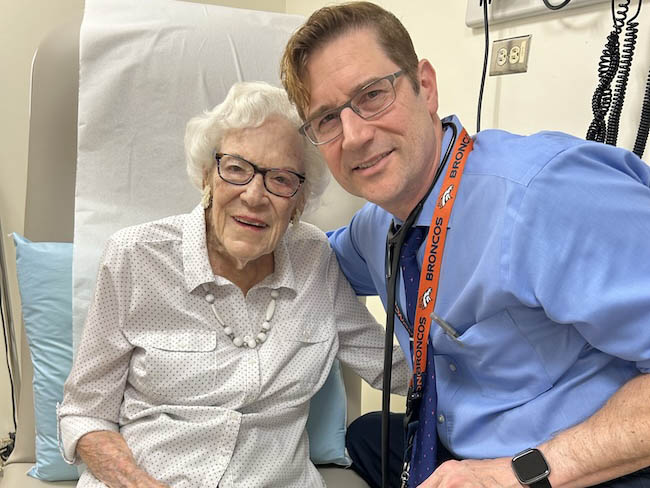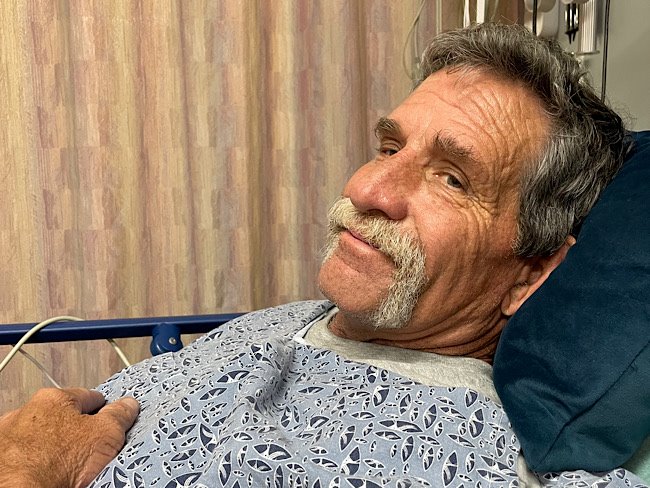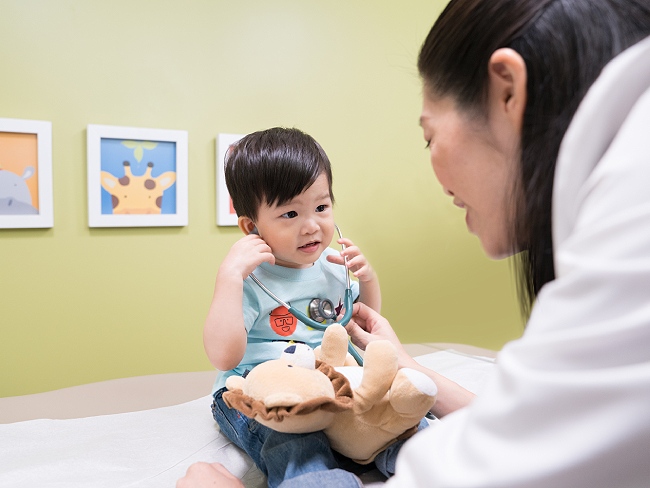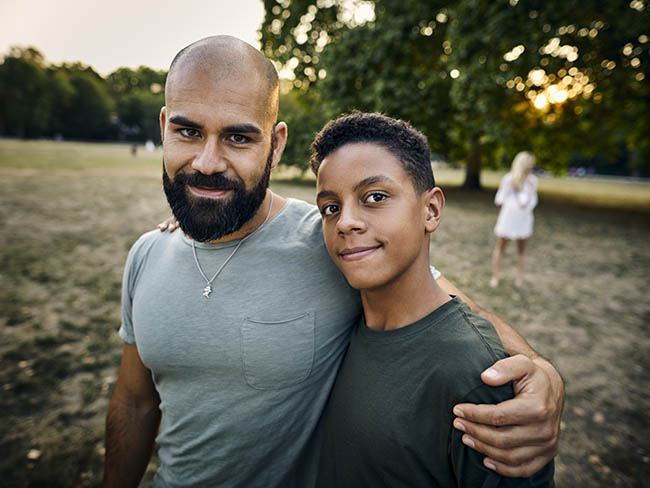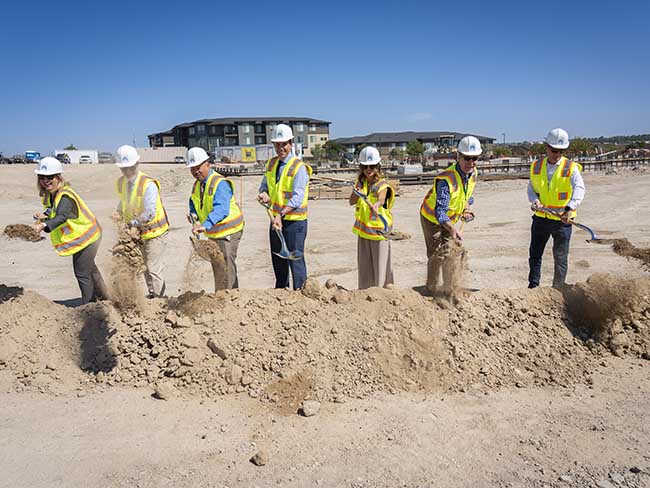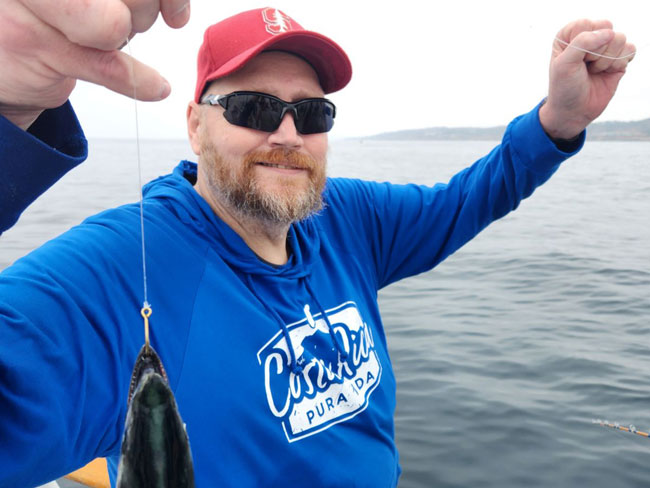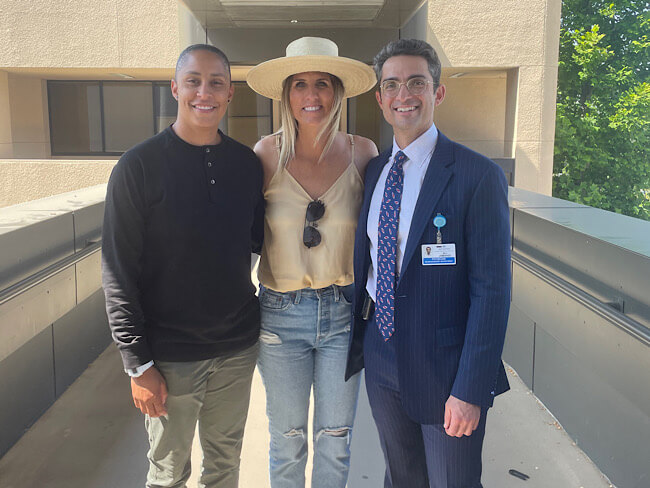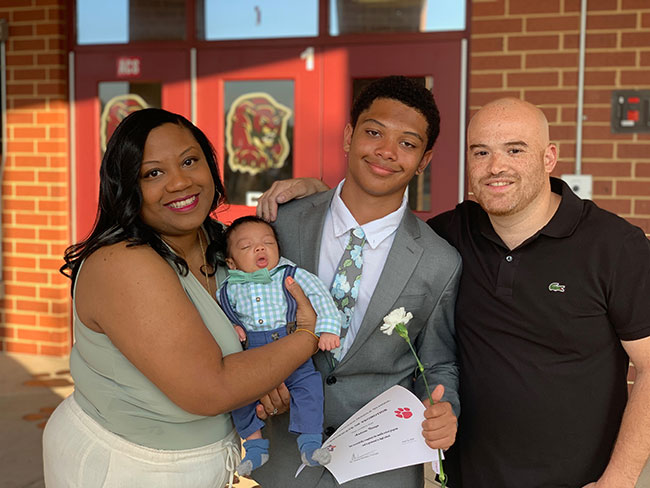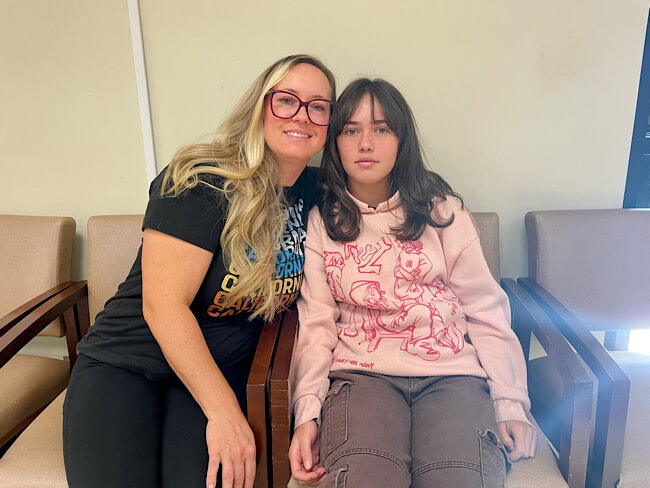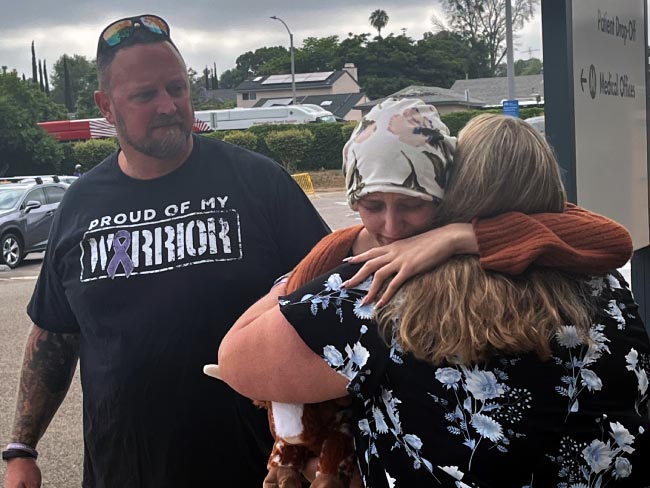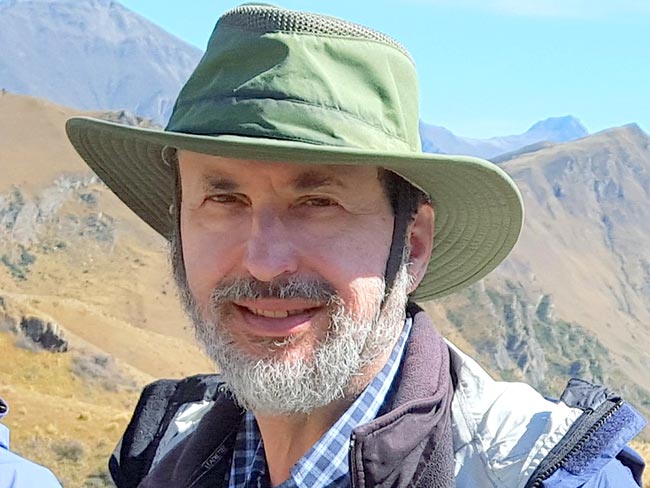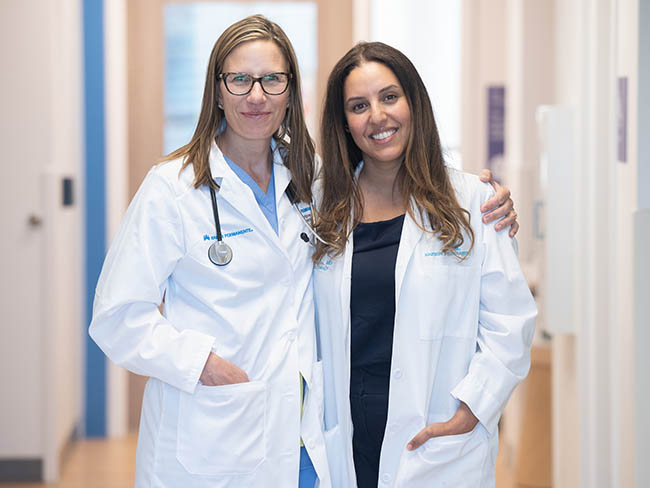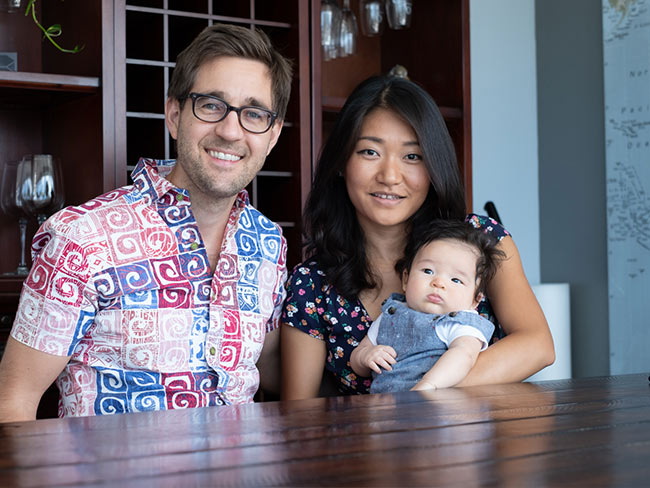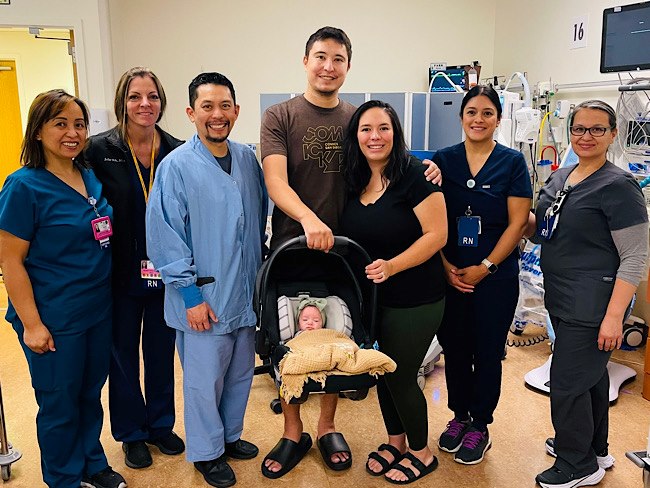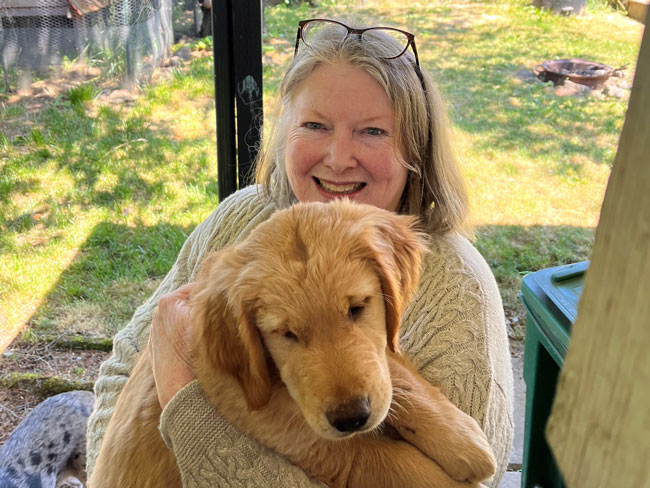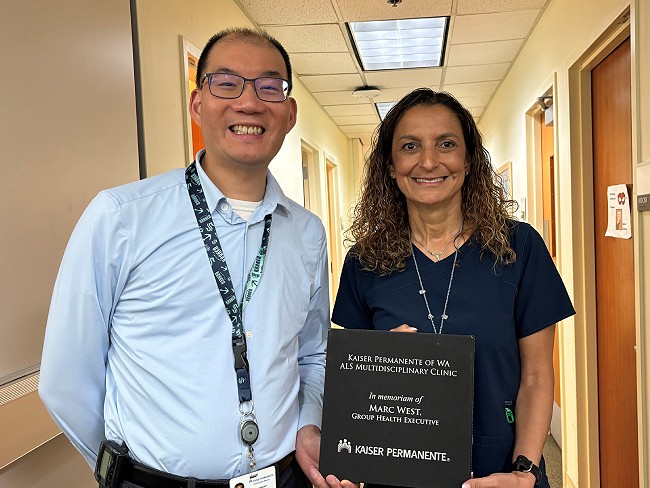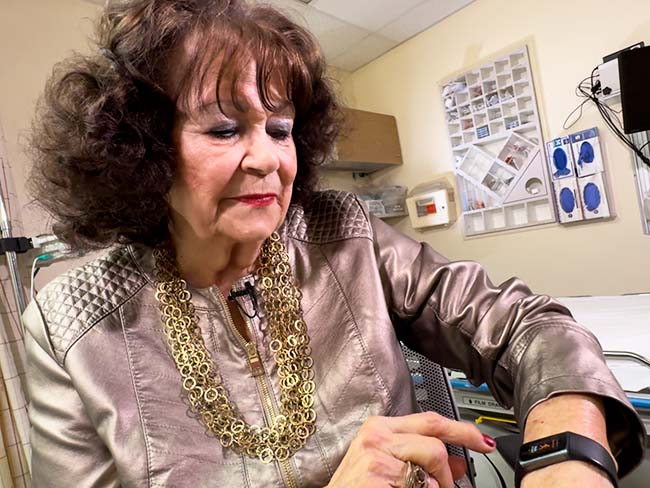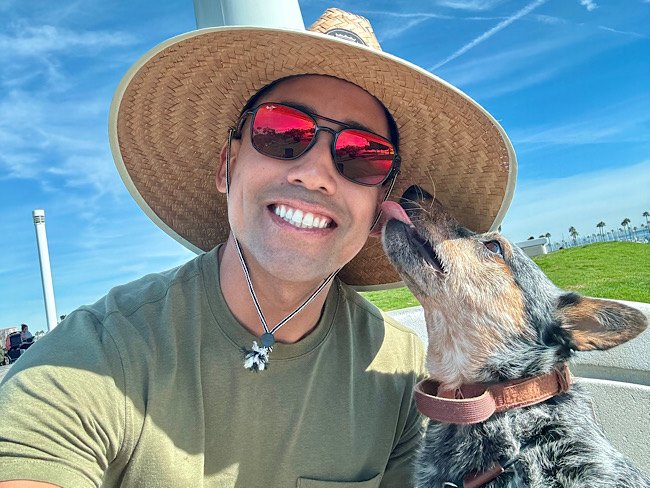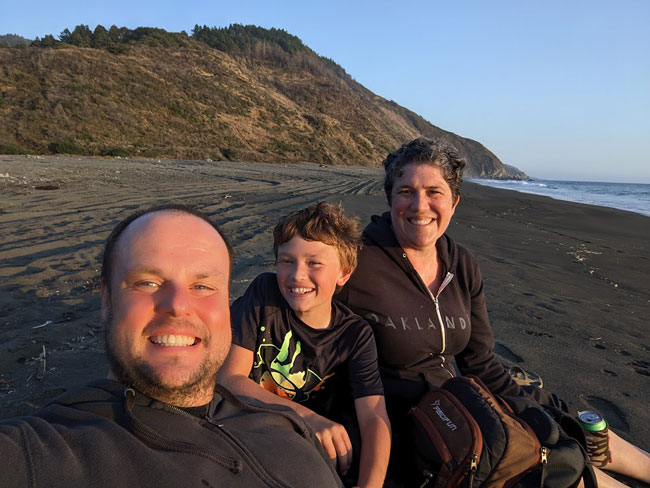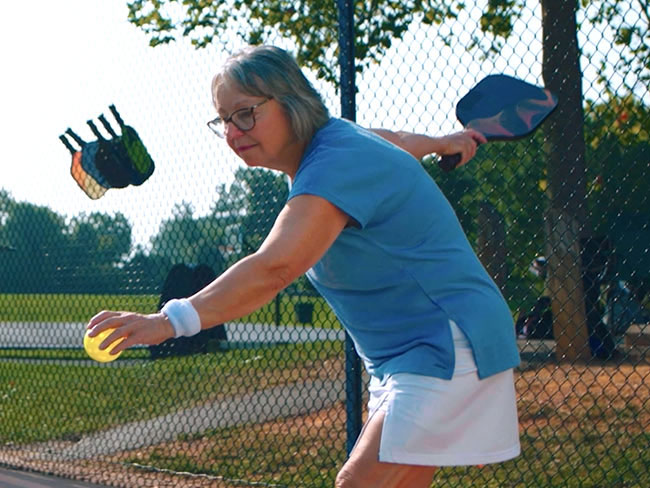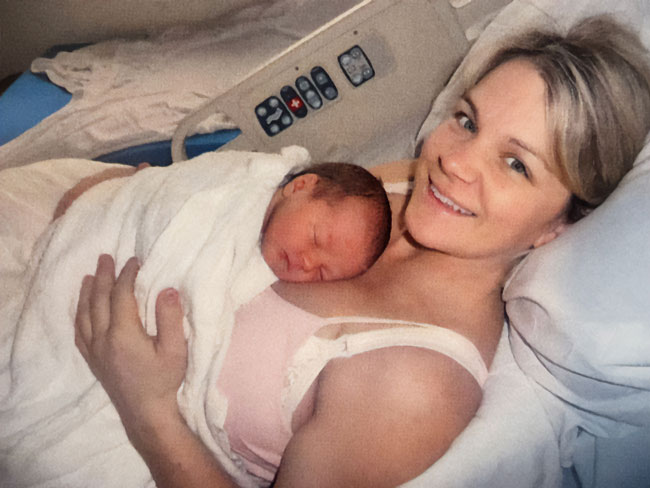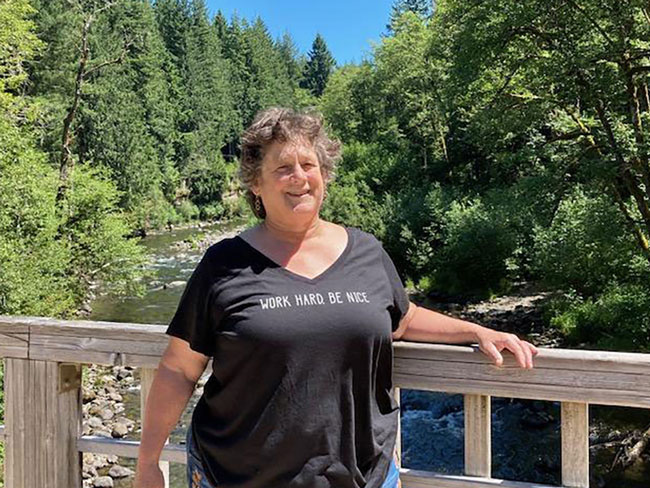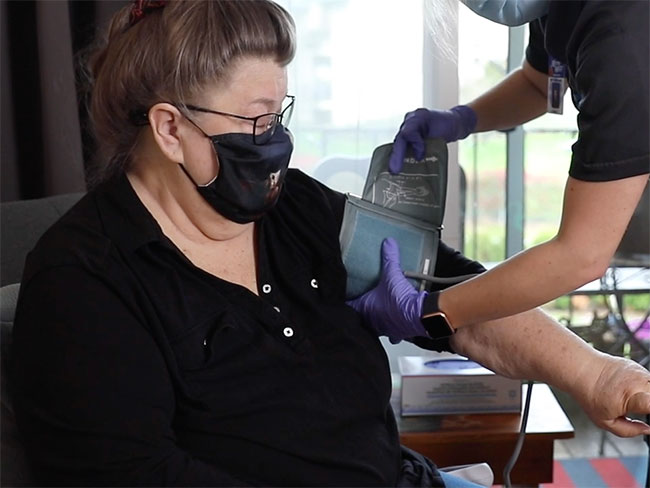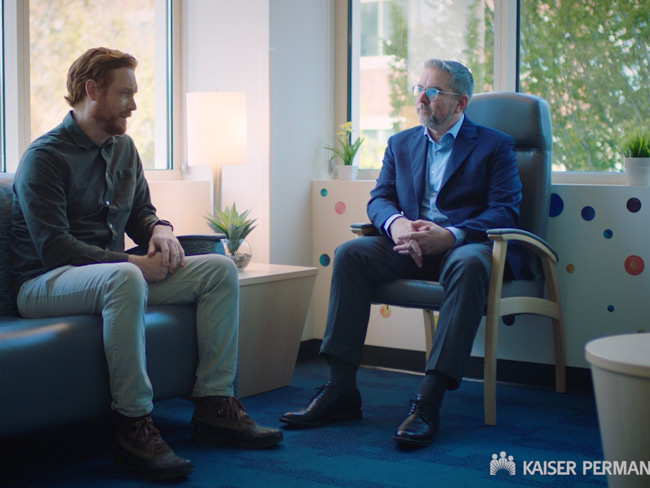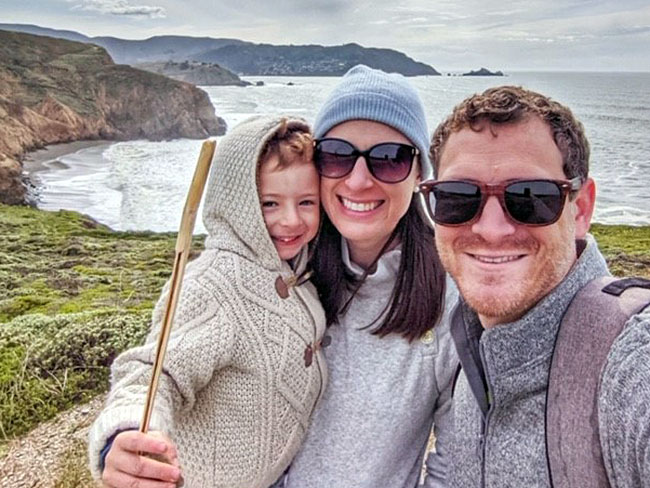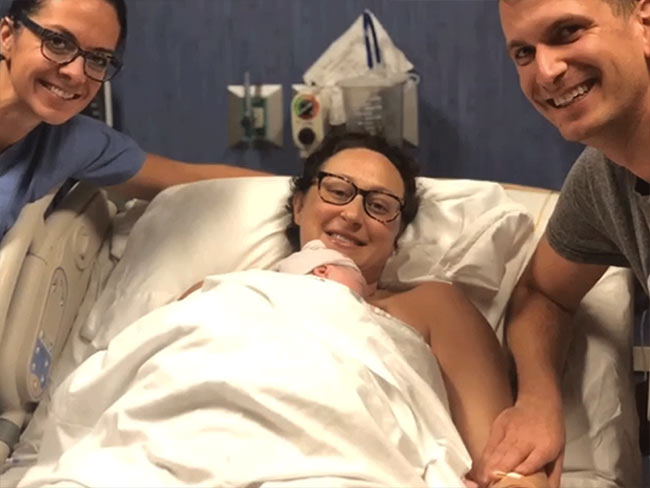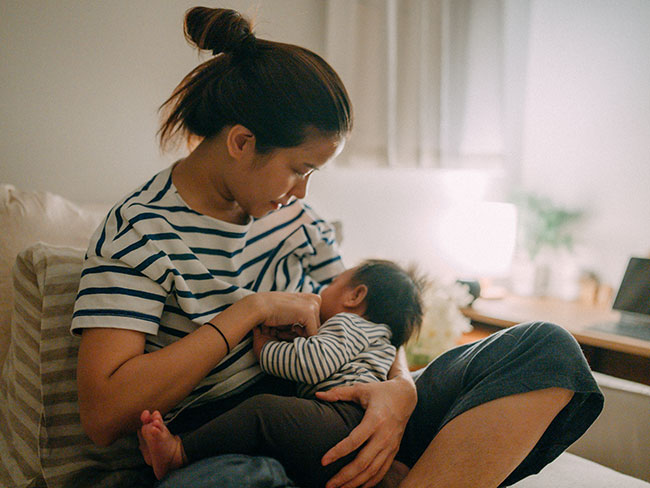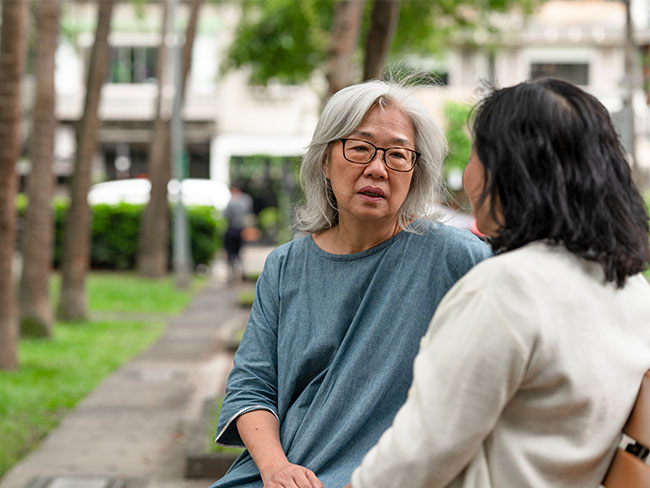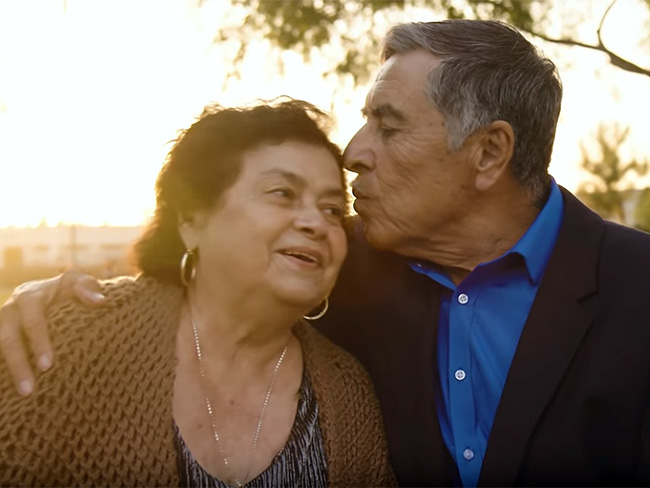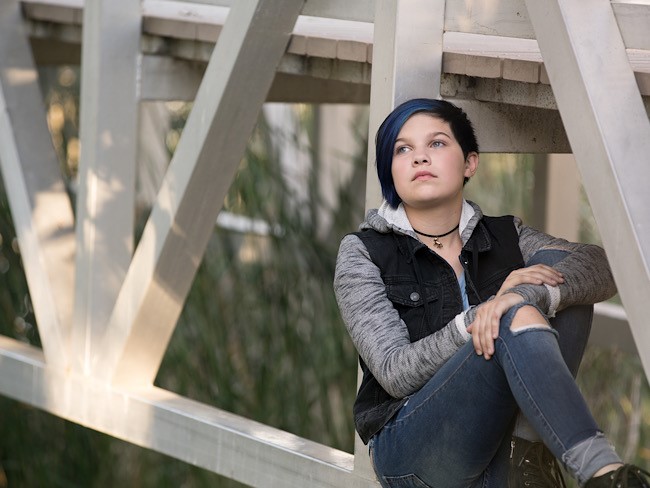Ovarian cancer journey confirmed nursing student's calling
Miriam Gutierrez was diagnosed with late-stage ovarian cancer at age 31. She wants more women to seek medical attention if they have similar symptoms.
Having been on both sides of medicine, Miriam Gutierrez is passionate about sharing her experience and spreading awareness about the potential signs of ovarian cancer.
At age 31, Miriam Gutierrez finally felt like she was walking in her purpose. She was back in school, pursuing her goal of becoming a nurse after several jobs in the human resources and dental fields left her feeling unfulfilled.
But that all came to a sudden halt during the summer of 2022 following her first semester of nursing school.
Too many symptoms to simply ignore
Throughout the early part of 2022, Gutierrez had been experiencing a number of symptoms.
She found herself needing to urinate frequently — usually every 30 minutes. She also had unexplained weight loss, persistent bloating, and abdominal discomfort. Gutierrez initially dismissed these symptoms as being stress-related or the signs of a urinary tract infection.
“I wasn’t in any kind of severe pain,” she said. “I didn’t think it was anything to worry about.”
However, while sitting in the car on a road trip with friends that summer, she felt a hard mass in her pelvis. Her best friend, who was an experienced nurse, could also feel the mass with her hand and strongly encouraged Gutierrez to get it checked out.
No stone left unturned
Gutierrez, a Kaiser Permanente member from Rialto, California, visited the urgent care department at the Kaiser Permanente Fontana Medical Center on July 18, 2022.
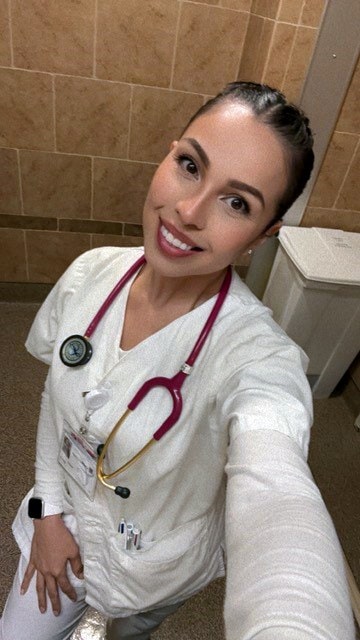
Miriam Gutierrez was just 3 weeks away from starting her clinical rotations for nursing school at the Kaiser Permanente Fontana Medical Center when she found herself there as a patient instead.
She was seen by Tarvinder Singh, MD, who she praised for his thoroughness.
“I went to urgent care with those symptoms, and Dr. Singh really took his time and listened to my concerns,” recalled Gutierrez. “He didn’t just let me go home with an antacid or omeprazole — he did a full workup on me.”
Kaiser Permanente’s integrated care model allowed Gutierrez to get a CT scan, ultrasound, and blood tests done all on that same day.
“I spent 13 hours in urgent care, which is a long time, but Dr. Singh moved me through the steps quickly, and I am so grateful for him because that visit was the start of me getting well again,” she said.
‘Now on the other side of medicine’
One week later, Gutierrez underwent an exploratory surgery for doctors to further investigate the masses detected on her imaging tests. The surgery ruled out the possibility of ovarian cysts — a best-case scenario — and a biopsy was conducted. The result led to a Stage 3B ovarian cancer diagnosis, as the cancer had also spread to other organs in her abdomen.
“The hardest part for me was realizing that I was now on the other side of medicine, being the patient rather than being the one healing and helping,” said Gutierrez.
This meant having to put nursing school on hold and make treatment her full-time focus.
“But once I changed my mindset, it was like go, go, go from there,” she said. “I was going to do everything in my power to get better. Nothing could stop me.”
Taking treatment one day at a time
Gutierrez was referred to Mallory Zhang, MD, a gynecologic oncologist. Just 4 weeks after Gutierrez’s urgent care visit, Dr. Zhang performed a total hysterectomy with bilateral salpingo-oophorectomy, a surgical procedure to remove the uterus, cervix, ovaries, and fallopian tubes. Gutierrez also had a surgery to remove cancerous tissue from her diaphragm, bowels, and colon. This was followed by a bowel resection to reattach her colon and rectum.
Three weeks after her 8-hour surgery, Gutierrez started 6 months of chemotherapy. This was the most challenging part of her cancer journey. Following her treatment sessions, she experienced nausea and intense itching on her hands and feet. There were many times when she felt overwhelmed and frustrated.
To stay motivated and committed to her treatment plan, Gutierrez planned fun activities and made the most of the time between chemotherapy sessions. She traveled around the United States and took up horseback riding, drawing, singing, and learning to speak French.
“That got me through the really hard times,” she said. “There were definitely some dark days, but there were a lot more good days than bad ones.”
Using her experience to help others
At the conclusion of her chemotherapy treatment, Gutierrez was declared cancer-free. In the year and a half since, her follow-up appointments with Dr. Zhang every 3 months continue to show no signs of recurrence.
Gutierrez is now in her fourth and final semester of nursing school. After she graduates in December 2024, she hopes to return to Kaiser Permanente as a nurse and work alongside her former care team to help future cancer patients.
In the meantime, she wants to encourage women to trust their instincts, speak up when they are experiencing symptoms, not hesitate to ask their doctor questions, and be their own advocate for their health.
“If you have an issue for more than 3 or 4 weeks, don’t overlook it — get it checked out,” she said. “Hopefully that will lead to an early diagnosis rather than it going untreated until it’s too late.”
Learn more about cancer care at Kaiser Permanente.
